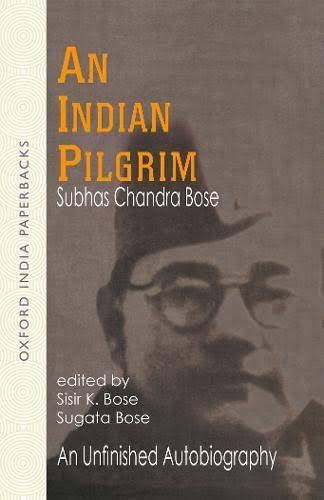" I am inclined, however, to think that in proportion to their numbers, and considering India as a whole, the Muslims have never ceased to play an important role in the public life
of the country, whether before or under British rule
(1/n).
of the country, whether before or under British rule
(1/n).

-—and that the distinction between Hindu and Muslim of which we hear so much nowadays is largely an artificial creation,
a kind of Catholic—Protestant controversy in Ireland, in which our present-day rulers have had a hand.
(2/n).
a kind of Catholic—Protestant controversy in Ireland, in which our present-day rulers have had a hand.
(2/n).

History will bear me out when I say that it is a misnomer to talk of Muslim rule when describing the political order in India prior to the advent of the British.
(3/n).
(3/n).

Whether we talk of the Moghul Emperors at Delhi, or of the Muslim Kings of Bengal,we shall find that in either ease the administration was run by Hindus and Muslims together, many of the prominent
Cabinet Ministers & Generals being Hindus. "~Netaji Subhas Chandra Bose.
(4/n).
Cabinet Ministers & Generals being Hindus. "~Netaji Subhas Chandra Bose.
(4/n).

Taken from An Indian Pilgrim by Netaji Subhas Chandra Bose, Chapter number 3, Before My Time, page number 21~22.
In this photograph #NetajiSubhashChandraBose is with Muslim leaders of the @INCIndia
, 1938.
(n/n).
In this photograph #NetajiSubhashChandraBose is with Muslim leaders of the @INCIndia
, 1938.
(n/n).

• • •
Missing some Tweet in this thread? You can try to
force a refresh










